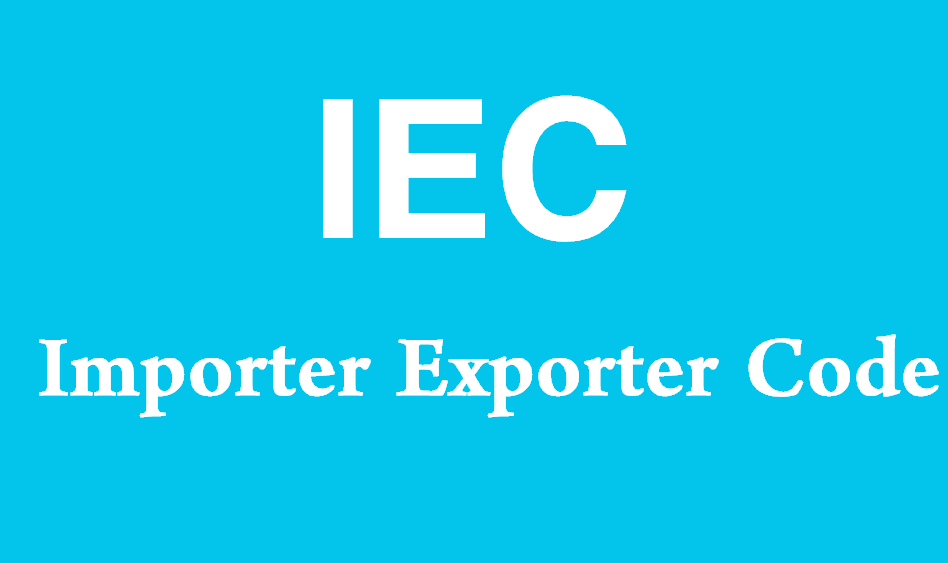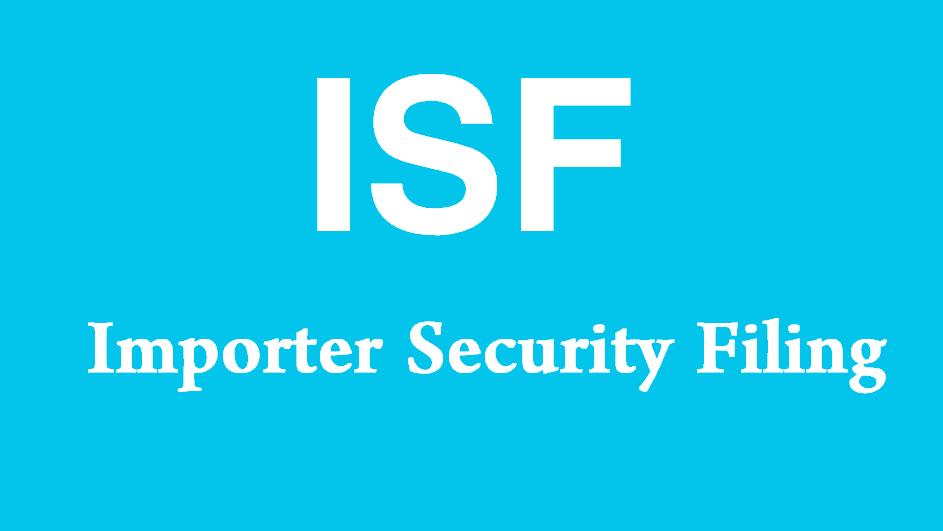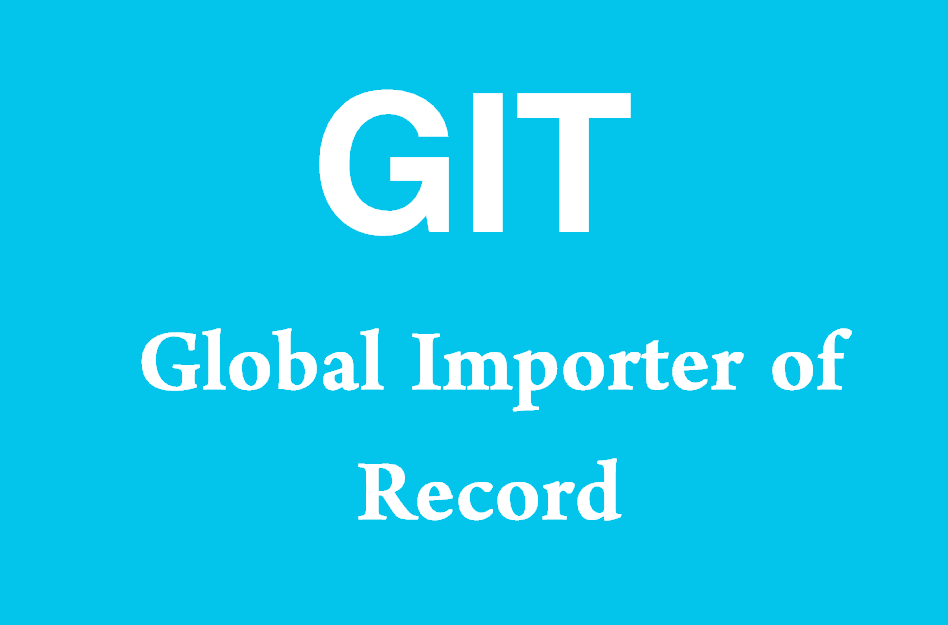What does IEC stand for?
IEC stands for “Importer Exporter Code.” The Importer Exporter Code is a unique 10-digit identification number issued by the Directorate General of Foreign Trade (DGFT), Ministry of Commerce and Industry, Government of India. This code is mandatory for any individual or entity engaged in import or export activities in India. The IEC serves as a primary identification number for customs authorities and enables businesses to engage in international trade transactions legally. It facilitates the importation and exportation of goods and services, helps in availing benefits under various schemes, and ensures compliance with foreign trade regulations.

Comprehensive Explanation of Importer Exporter Code
The Importer Exporter Code (IEC) is a crucial document for individuals and entities involved in import and export activities in India. Issued by the Directorate General of Foreign Trade (DGFT), Ministry of Commerce and Industry, Government of India, the IEC serves as a unique identification number that is mandatory for conducting international trade transactions. This comprehensive explanation covers the significance, application process, requirements, benefits, and compliance aspects of the Importer Exporter Code.
Significance of Importer Exporter Code
The Importer Exporter Code plays a pivotal role in facilitating international trade and ensuring compliance with regulatory requirements. Its significance lies in the following aspects:
- Legal Requirement: The IEC is a legal requirement under the Foreign Trade (Development and Regulation) Act, 1992, and is mandatory for any individual or entity involved in importing or exporting goods and services from India.
- Customs Clearance: The IEC serves as a primary identification number for customs authorities, enabling smooth customs clearance of imported and exported goods at ports and airports.
- Access to Benefits: Holding a valid IEC enables businesses to avail various benefits and concessions under export promotion schemes, incentives, and foreign trade policies of the Government of India.
- Bank Transactions: Banks and financial institutions require the IEC for processing international transactions related to imports and exports, including opening letters of credit (LCs), remitting foreign exchange, and obtaining export credits.
- Global Recognition: The IEC is recognized internationally and is essential for participating in global trade networks, establishing business partnerships, and complying with foreign trade regulations of other countries.
Application Process for Importer Exporter Code
The application process for obtaining an Importer Exporter Code involves the following steps:
- Online Application: Applicants can apply for the IEC online through the DGFT’s official website by filling out the prescribed application form and submitting the required documents electronically.
- Document Submission: The applicant must submit supporting documents, such as PAN card, identity proof, address proof, bank certificate, and business registration documents, along with the application.
- Payment of Fees: A nominal fee is payable for processing the IEC application, which can be made online through electronic payment modes, such as credit card, debit card, or net banking.
- Verification and Approval: Upon receipt of the application and documents, the DGFT verifies the details and issues the IEC within a specified timeframe, typically ranging from a few days to a few weeks, depending on the completeness and accuracy of the application.
- Receipt of IEC: Once approved, the applicant receives the IEC in electronic format via email, containing the unique 10-digit code along with relevant details.
Requirements for Importer Exporter Code
To obtain an Importer Exporter Code, applicants must fulfill the following requirements:
- Entity Type: The applicant can be an individual, partnership firm, limited liability partnership (LLP), company, or any other legal entity engaged in import and export activities.
- Legal Entity: The applicant must be a legally recognized entity registered under the relevant laws of India, such as the Companies Act, 2013, Partnership Act, 1932, or Limited Liability Partnership Act, 2008.
- Permanent Account Number (PAN): The applicant must have a valid PAN card issued by the Income Tax Department, as PAN is mandatory for obtaining the IEC.
- Bank Account: The applicant must have an active bank account with an authorized bank in India to facilitate international transactions and comply with foreign exchange regulations.
- Business Details: The applicant must provide accurate details of the business, including the nature of goods or services traded, business address, contact information, and other relevant particulars.
Benefits of Importer Exporter Code
The Importer Exporter Code offers several benefits to businesses engaged in international trade, including:
- Global Market Access: Holding an IEC enables businesses to participate in global trade networks, expand market reach, and explore opportunities for exporting goods and services to foreign countries.
- Customs Clearance: The IEC facilitates smooth customs clearance of imported and exported goods by serving as a unique identification number recognized by customs authorities at ports and airports.
- Access to Incentives: Businesses with a valid IEC can avail various incentives, benefits, and concessions offered under export promotion schemes, such as the Merchandise Exports from India Scheme (MEIS), Export Promotion Capital Goods (EPCG) scheme, and Duty Drawback Scheme.
- Financial Transactions: The IEC is essential for conducting international financial transactions, including remittances, letters of credit (LCs), export financing, and foreign currency exchange, through authorized banks and financial institutions.
- Compliance Requirement: Obtaining an IEC ensures compliance with regulatory requirements under the Foreign Trade (Development and Regulation) Act, 1992, and enables businesses to operate legally in the international trade domain.
Compliance with Importer Exporter Code
Businesses holding an Importer Exporter Code must adhere to the following compliance requirements:
- Validity Period: The IEC is valid for a lifetime and does not require renewal unless there is a change in the business details or status of the entity.
- Amendment of Details: Any changes to the business details provided in the IEC application, such as address, contact information, or legal entity status, must be promptly intimated to the DGFT for updating the records.
- Compliance with Regulations: Businesses must comply with the provisions of the Foreign Trade (Development and Regulation) Act, 1992, and other relevant laws, rules, and regulations governing import and export activities in India.
- Record Keeping: Importers and exporters must maintain accurate records of transactions, documents, and correspondence related to international trade for audit, compliance, and reporting purposes.
- Reporting Obligations: Businesses may be required to submit periodic reports, returns, or declarations to the DGFT or other regulatory authorities as per the prescribed formats and timelines to ensure compliance with regulatory requirements.
Notes to Importers
Importers should consider the following key notes regarding the Importer Exporter Code and its implications for import operations, compliance, and international trade:
1. Mandatory Requirement
The Importer Exporter Code is a mandatory requirement for individuals and entities engaged in importing or exporting goods and services from India. Importers must obtain a valid IEC before initiating any import transactions to comply with regulatory requirements and facilitate customs clearance.
2. Pre-Requisite for Import Transactions
The Importer Exporter Code serves as a pre-requisite for conducting import transactions, including customs clearance, foreign exchange transactions, and documentation processes. Importers should ensure timely acquisition of the IEC to avoid delays or disruptions in import operations.
3. Facilit ation of Customs Clearance
The Importer Exporter Code plays a crucial role in facilitating customs clearance for imported goods at ports and airports. Customs authorities require the IEC as a primary identification number to process import declarations, assess duties and taxes, and verify the legality of imported goods. Importers should provide the IEC along with other mandatory documents, such as the Bill of Entry, commercial invoice, packing list, and relevant permits, to expedite customs clearance and avoid delays in the release of imported consignments.
4. Compliance with Foreign Trade Regulations
Importers holding an Importer Exporter Code must comply with foreign trade regulations, including import restrictions, licensing requirements, quality standards, and documentation procedures prescribed by regulatory authorities. Non-compliance with regulatory provisions or misuse of the IEC may result in penalties, fines, or suspension of import privileges, adversely affecting business operations and reputation.
5. Expansion of Import Opportunities
Acquiring an Importer Exporter Code opens up opportunities for importers to diversify their product portfolio, source goods from international markets, and explore new business partnerships. Importers can leverage the IEC to establish collaborations with overseas suppliers, negotiate favorable terms of trade, and access a wider range of products to meet consumer demands and market trends.
Sample Sentences with the Acronym “IEC” and Their Meanings
- The importer was unable to clear the customs without providing the mandatory IEC issued by the Directorate General of Foreign Trade.
- Meaning: The importer faced difficulties in completing customs clearance procedures due to the absence of the required Importer Exporter Code issued by the Directorate General of Foreign Trade, which is mandatory for importing goods into the country.
- The export-oriented business applied for an IEC to expand its market reach and capitalize on international trade opportunities.
- Meaning: The business focused on exports initiated the application process for obtaining an Importer Exporter Code to broaden its market presence and leverage opportunities in the international trade arena.
- The bank requested the importer to furnish the IEC while processing the import transaction to comply with regulatory requirements.
- Meaning: The financial institution requested the importer to provide the Importer Exporter Code during the import transaction processing to adhere to regulatory norms and ensure compliance with foreign trade regulations.
- The customs authorities verified the authenticity of the IEC submitted by the importer before granting clearance for the imported consignment.
- Meaning: The customs officials verified the legitimacy of the Importer Exporter Code provided by the importer before authorizing clearance for the imported shipment, confirming its compliance with regulatory standards.
- The importer faced challenges in availing export incentives due to the expiration of the IEC, necessitating the renewal of the code to resume export operations.
- Meaning: The importer encountered difficulties in accessing export benefits and incentives as the validity of the Importer Exporter Code had expired, highlighting the need to renew the code to recommence export activities.
Other Meanings of “IEC”
| Acronym | Meaning |
|---|---|
| IEC | Intersystem Electromagnetic Compatibility |
| IEC | International Electrotechnical Commission |
| IEC | International Environmental Corporation |
| IEC | Intelligent Electronic Controller |
| IEC | Inclusive Education Center |
| IEC | Integrated Environmental Control |
| IEC | Information Engineering Center |
| IEC | International Education Corporation |
| IEC | Intermodal Equipment Control |
| IEC | Instrumentation and Electronics Control |
| IEC | Integrated Energy Control |
| IEC | Interexchange Equalization Charge |
| IEC | Institute of Environmental Chemistry |
| IEC | Internal Electrical Code |
| IEC | Intersystem Earthing Connection |
| IEC | Institute of Environmental Computing |
| IEC | International Electronics Consortium |
| IEC | Integrated Environmental Compliance |
| IEC | Independent Evaluation Consultant |
| IEC | Institute of Electrical Contractors |



